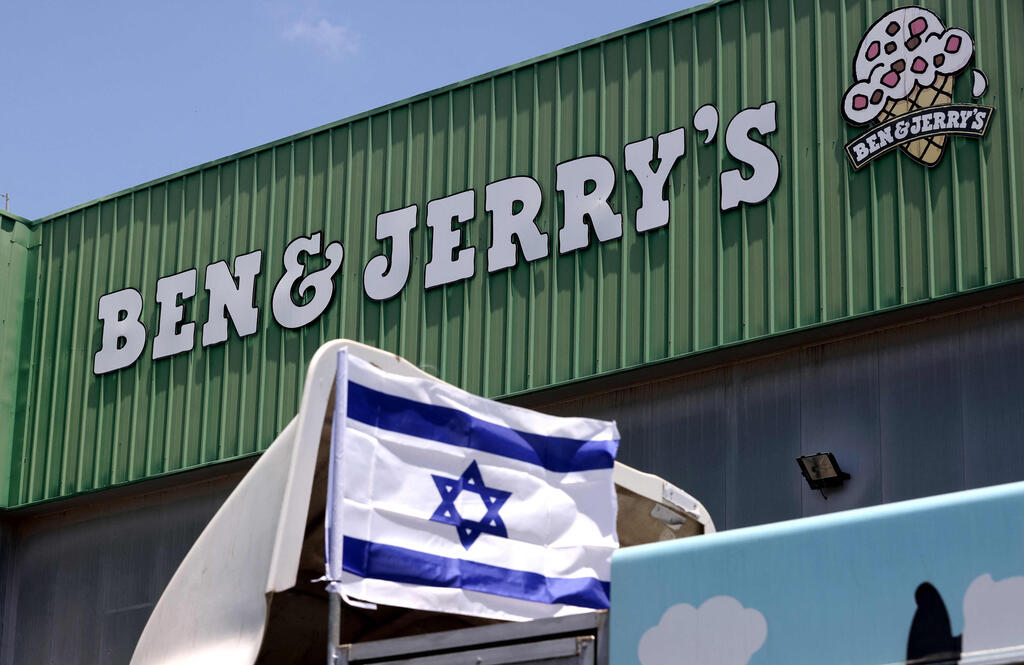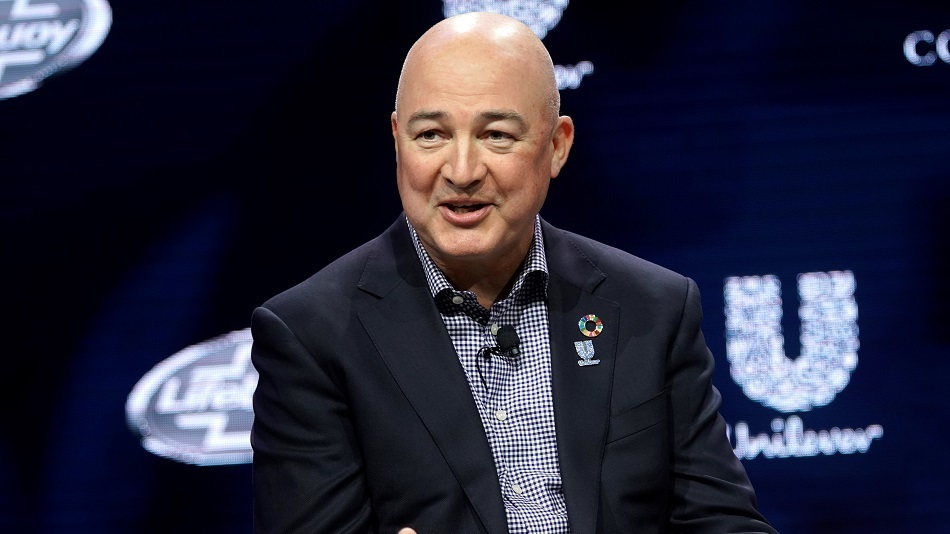Unilever's chief executive on Thursday said the company was "fully committed" to Israel, days after coming under Israeli pressure over a decision by its subsidiary Ben & Jerry's to end ice cream sales in the Palestinian territories.
The Ben & Jerry's ice cream brand took its decision after pressure from pro-Palestinian groups over its business in Israel and Jewish settlements in the West Bank, handled through a licensee partner since 1987.
Most countries consider Israeli settlements on Palestinian land to be illegal. Israel disputes this.
"I think if there's one message I want to underscore ... it's that Unilever remains fully committed to our business in Israel," CEO Alan Jope told investors during an earnings call.
He said the group had invested 1 billion shekels ($306 million) in Israel over the past decade and was invested in its startup culture and social programs.
"This was a decision taken by Ben & Jerry's and its independent board ... and we always recognize the importance of that agreement," he said.
Ben & Jerry's, which has built a reputation as a supporter of social justice causes, such as the Black Lives Matter movement and LGBTQ+ rights campaigns, was acquired by Unilever in 2000 in a deal allowing it to operate with more autonomy than other subsidiaries.
Prime Minister Naftali Bennett warned Unilever on Tuesday about "severe consequences" from Ben & Jerry's decision, calling it an anti-Israel step.
The decision has led to a clash between Unilever and Ben & Jerry's independent board, whose chair says it was not consulted on the decision to stay in Israel under a "different arrangement".



